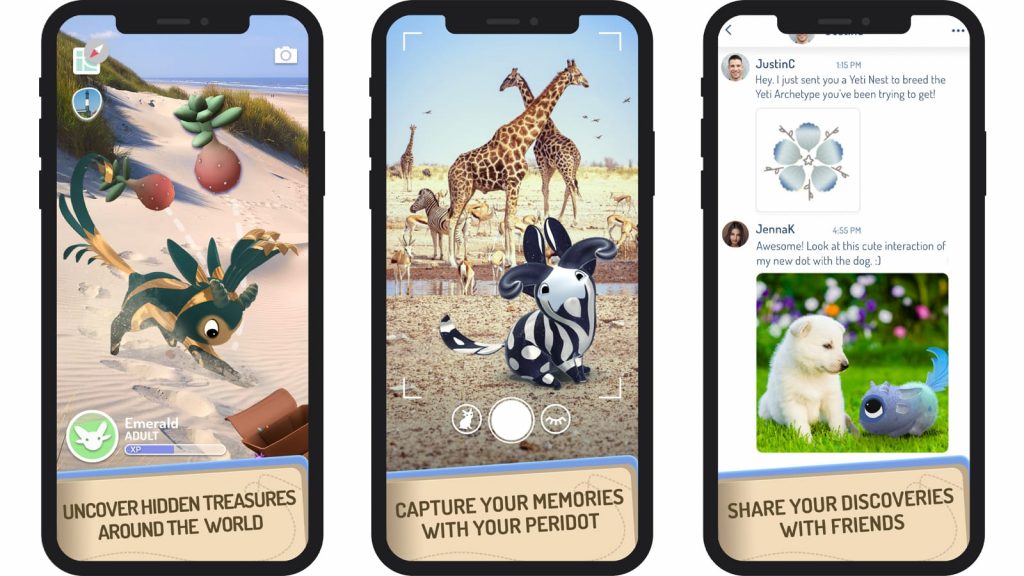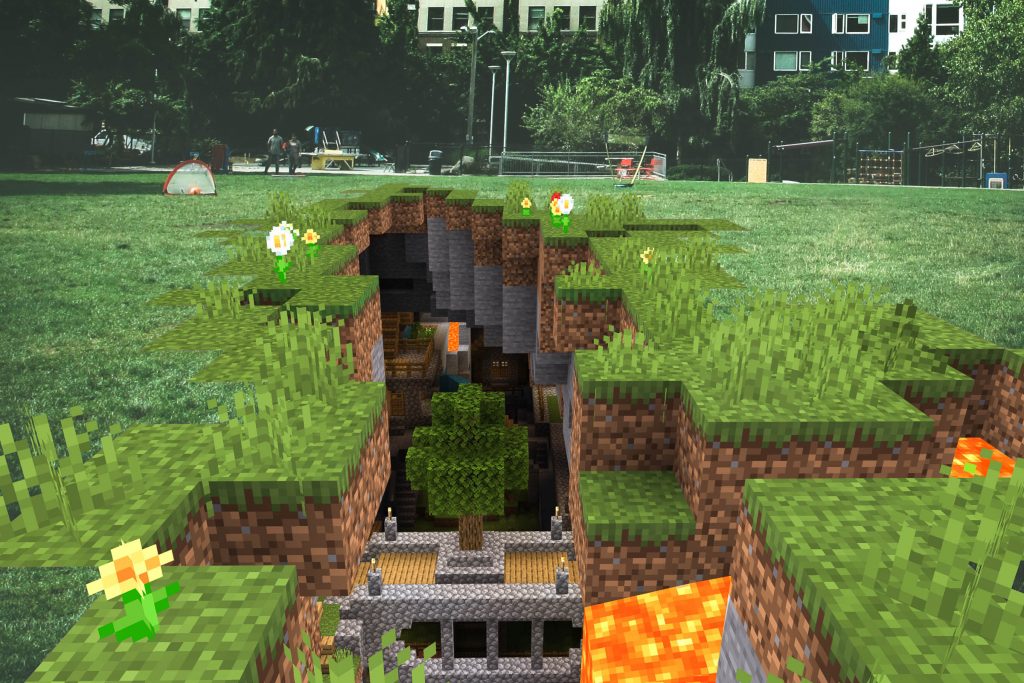Earlier this year, Niantic shut down Harry Potter: Wizards Unite, and closed the curtains on Catan: World Explorers. Now, Niantic cancels more projects, including the recently announced Transformers: Heavy Metal.
So, what’s going on? The company isn’t exactly bleeding money. Pokémon GO has been a success since day one, and has been dominating the revenue charts consistently. Year after year, it’s usually number one, or top ten.
Lifetime revenue for Pokémon GO hit $6 billion back in June this year. It is by far the most popular geolocation title, and the only game that comes close is Square Enix’s Dragon Quest Walk.
For a quick comparison: Pokémon GO generated almost $200 million in just a quarter, whereas Dragon Quest Walk made $90 million. It’s not even a close second place.
Which begs the question—if Niantic is drowning in success, why are they cancelling projects left and right? Wizards Unite had a dedicated fanbase, and titles like Transformers and Catan were culled before they had a chance.
The news of Niantic dropping Transformers: Heavy Metal as well as projects codenamed “Hamlet”, “Blue Sky”, and “Snowball” came a day after they dropped a collaboration announcement.
The company is partnering with NBA to create a game-changing augmented reality titled dubbed NBA All-World. You’ll explore your neighborhood, competing in mini-games to become the King of the Court.
You’ll also go about collecting sneakers and gear drops that’ll not only increase your style points—but boost the performance of your squad. Anyone else getting serious whiplash?
I’m a massive fan of Niantic, and have played almost all of their games. I still jump into Pokémon GO for the Community Day events, and plant flowers every now and again in Pikmin Bloom.
However, their track record gets me scared of investing in any of their new titles because they could just suddenly up and disappear. I’m cautiously excited about their Tamagotchi-like title, Peridot that’s entered soft launch.

Niantic cancelling their games also came paired with news of layoffs. They laid off 8% of their staff, which amounted to about 85 to 90 employees. They said this was to “further streamline” their operations to prepare for any potential economic storms.
The company managed to take the worst of COVID-19 head-on back in 2020-2021, and came out on top. In fact, Pokémon GO is stronger than ever due to the quality of life changes they had to implement.
If anything was going to be an economic storm—it would have been the pandemic. Almost every other rival augmented reality geolocation-based game shut down during that period, including Minecraft Earth and Pac-Man Geo.

I’m not up-to-date with my Niantic lore, but I’m making an effort to get back into covering augmented reality titles. It’s just such a shame that they’ve sunset some genuinely cool and interesting ideas, that were fresh spins on the typical geolocation formula.
For example, Catan: World Explorers set out to translate the iconic board game into an augmented reality title—and executed it well. It was like building your own virtual city within a real city. Collecting resources, constructing settlements and posts, trading for items—it was addicting.
Niantic also recently launched a real-world AR platform, Niantic Lightship, to help other developers create their own augmented reality experiences. You can check out a list of showcases for the platform here.
The platform offers developers the same tools used to create Pokémon GO to develop their own AR titles. However, nothing noteworthy has come from it yet.
Niantic is still one of my favorite videogame developers, and I admire how much work they have and continue to put into developing augmented reality. If it weren’t for their initial successes, AR wouldn’t be nearly as big as it is today.
I’m hoping their cancellation of projects such as Transformers: Heavy Metal is for the better. If that means they can dedicate more resources to “key projects” and also reallocate it to pre-existing titles like Pokémon GO and Peridot, I’m for it.
Only time will tell. The company is still reigning king of the augmented reality/geolocation-based genre, and that doesn’t look like it’ll change any time soon! There are a few strong competitors out there, like The Witcher: Monster Slayer and Orna RPG, but they don’t have the same mainstream appeal.
